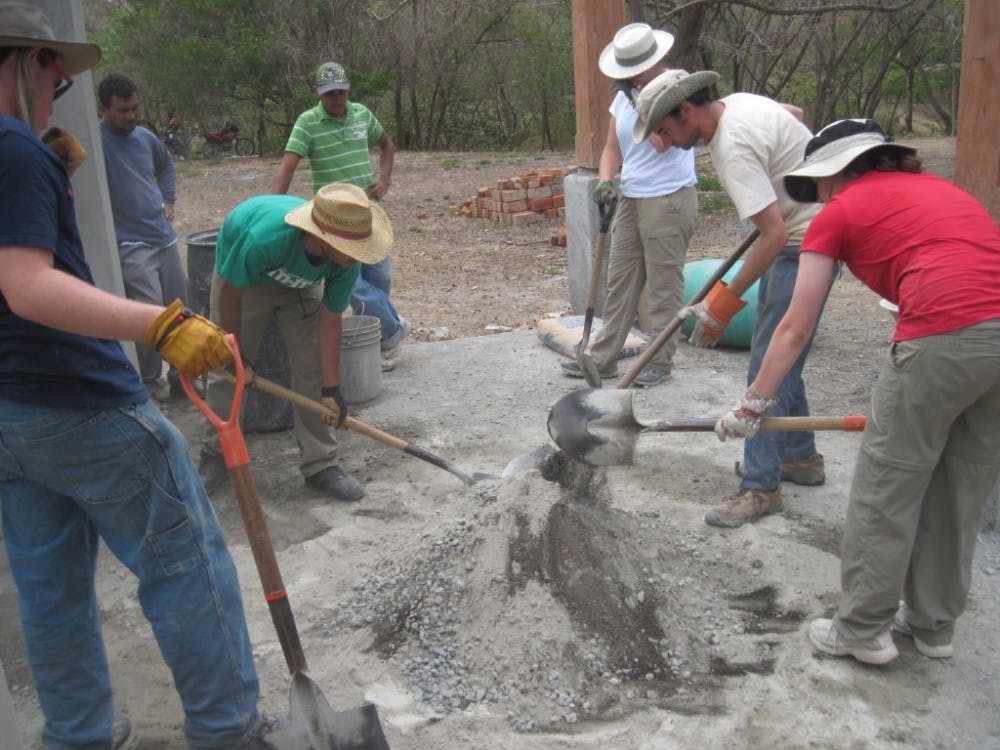Elon Hillel has been going on alternative spring break trips for the past four years.
This year, they went through the American Jewish World Service to San Juan del Sur, Nicaragua. They went to work with and learn from the Servicios Medicos Comunales (Communal Medical Services), or SMC.
“There is a profound learning and sense of connection that happens on an alternative spring break trip," said Nancy Luberoff, Hillel campus director. "This trip was truly life changing, and I don’t use that phrase lightly.”
SMC was founded in 1990 in rural southern Nicaragua by five community organizers.
As members of their communities, they saw a drastic need for improved health care and decided to conquer this problem by working toward rural health education.
The organizers figured if they taught members of the community ways to raise healthier families, then the overall health of the community would improve.
After five years, SMC stopped and evaluated their work. Much to their disappointment, they found the programs weren’t having the desired impact. Malnutrition was still rampant, and disease prevention wasn’t going as well as they thought it could. SMC spoke with people all over the region and came to an important conclusion: Education had to come first. Without adequate education, there was no way the health education programs could succeed.
In the 15 years since then, SMC has been working on education for children and adults as a means to improve health, a primary human issue.
Many of the communities SMC works in are extremely rural and become less accessible when the rainy season washes out roads. An average rural Nicaraguan is lucky to complete primary school, but few even reach that level.
SMC has stepped in to address this problem by helping children and adults finish or go back to school and by helping adults learn trades. The project Elon Hillel worked on was the first building of a new campus for these adult learners.
SMC has a trade school that trains students in construction, tourism or agriculture, but the next step to being better equipped for regular classes is to build a full campus.
Elon Hillel spent the week working side by side with the people of SMC, several of whom were former students volunteering their time for the betterment of the organization.
“The people with whom we worked were fearless individuals that were really inspiring," said sophomore Kyla Sokoll-Ward. "Every time they identified a problem in their community, they found a sustainable and far-reaching way to respond to it."
Even more moving for Elon Hillel than seeing this organization in action was the chance to work with inspiring individuals all week. The people coming of age now are the first generation of Nicaraguans in many decades to know life without war. This is the first generation of people in some time that have a true opportunity to develop Nicaragua and take care of their communities.
The trip was able to bring to life all the politics, history and developmental concepts that professors teach every day in class.
The Elon students said they will never forget their time in Nicaragua, the people they met at SMC or the impactful work they were able to be a part of.


